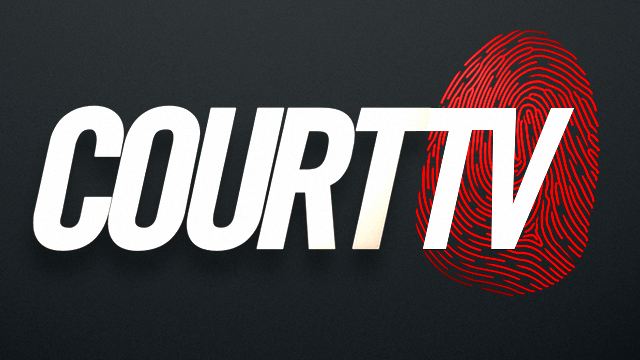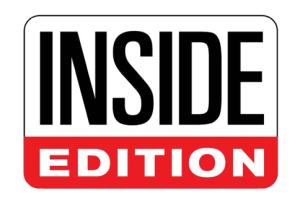Hire a Prison Consultant with
OVER 20 YEARS EXPERIENCE
We've helped over
Clients
Return to their families as quickly and safely as possible.
Navigating the Murky Waters of Judicial Abuse of Discretion
Ever wonder what happens when a judge goes off the rails with a decision? That’s where the concept of judicial abuse of discretion comes into play. It’s not just about a bad call—it’s about decisions so out there that you’d think the judge was making it up as they went along.
What Exactly is Abuse of Discretion? In legal speak, an abuse of discretion happens when a judge makes a call that’s so unreasonable or arbitrary, you’d be hard-pressed to find anyone who agrees with it. We’re talking about decisions that fly in the face of reason, logic, or established legal principles.
Legal Boundaries and Why They Matter For a judge’s decision to be tagged as an abuse of discretion, it must really push the boundaries. It’s not enough that it’s just wrong; it has to practically dance on the edges of legal sanity, either ignoring the law or stretching it beyond recognition.
Where You’ll See It Pop Up This concept usually pops up on appeal, where higher courts take a magnifying glass to a lower court’s decisions. Here are a few classic scenarios:
Evidentiary Goofs: Say a judge lets in evidence that’s clearly not allowed, and it tips the scales in a big way. That could be a prime example of abusing discretion.
Sentencing Overreach: In the criminal realm, handing down a sentence that’s wildly out of proportion to the crime could catch an appellate court’s eye.
Procedural Blunders: Messing up the basic rules of running a trial, like botching the trial schedule to the detriment of one side, can also fall under abuse of discretion.
Ignoring the Rulebook: A decision that blatantly tosses out established legal precedent without any solid reasoning might just qualify too.
Challenging the Unchallengeable If you think a judge has abused their discretion, you can take it up the ladder to an appellate court. But here’s the kicker: the standard of review is deferential, which means the appellate court isn’t just going to swap in their own judgment. They’re looking for clear, unmistakable errors.
Possible Outcomes If an appellate court agrees there’s been an abuse of discretion, they’ve got a few tricks up their sleeve. They might reverse the decision, send the case back for a do-over, or even order a new trial.
The Bottom Line Judicial abuse of discretion is a critical safety valve in the legal system, keeping judges in check and making sure decisions are within the realm of reason. Proving it, though, is another story. It’s not about showing the judge was wrong; it’s about showing they were so off-base that no reasonable person could ever agree. Think of it as the legal world’s way of saying, “Come on, really?”






